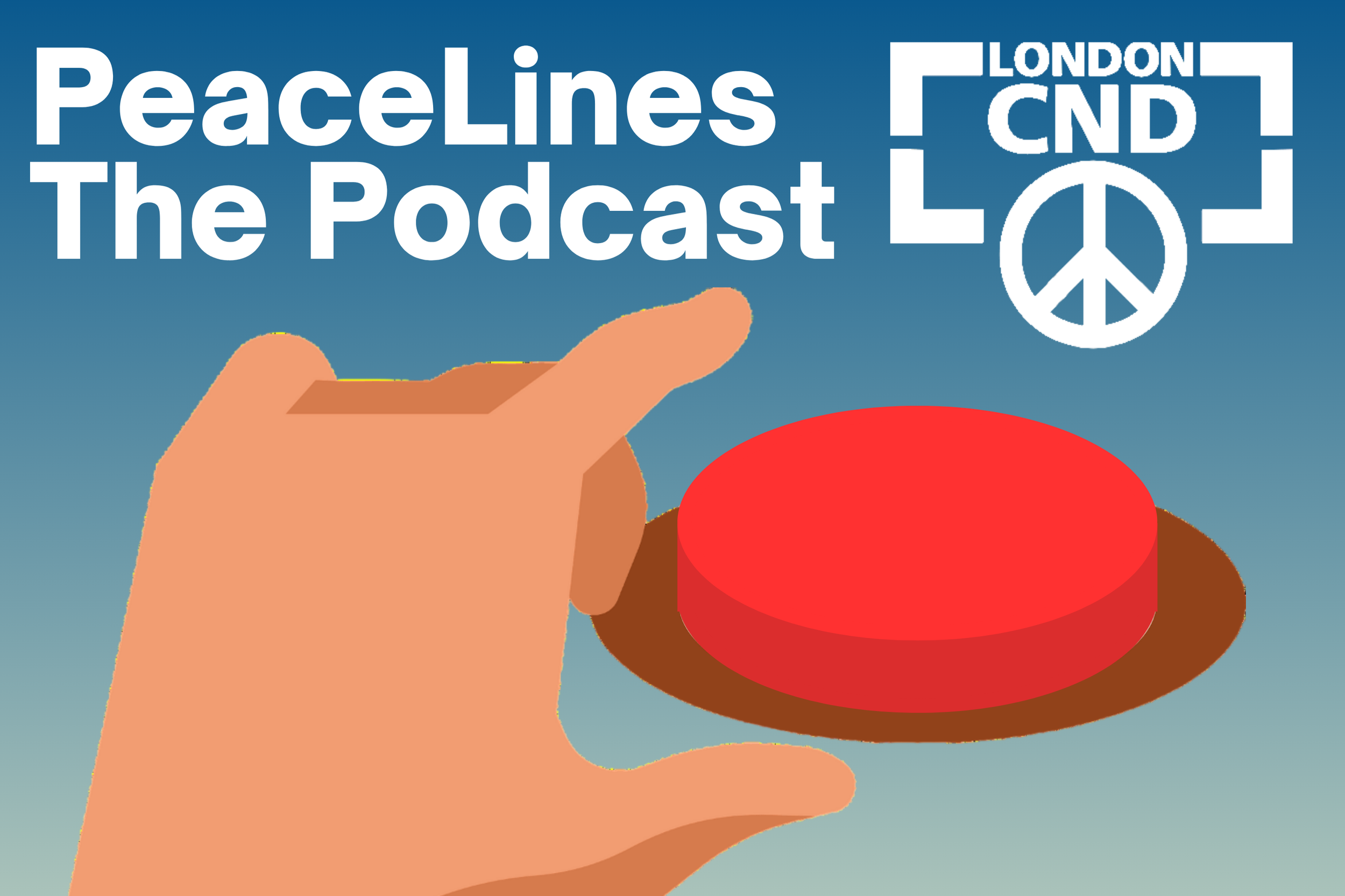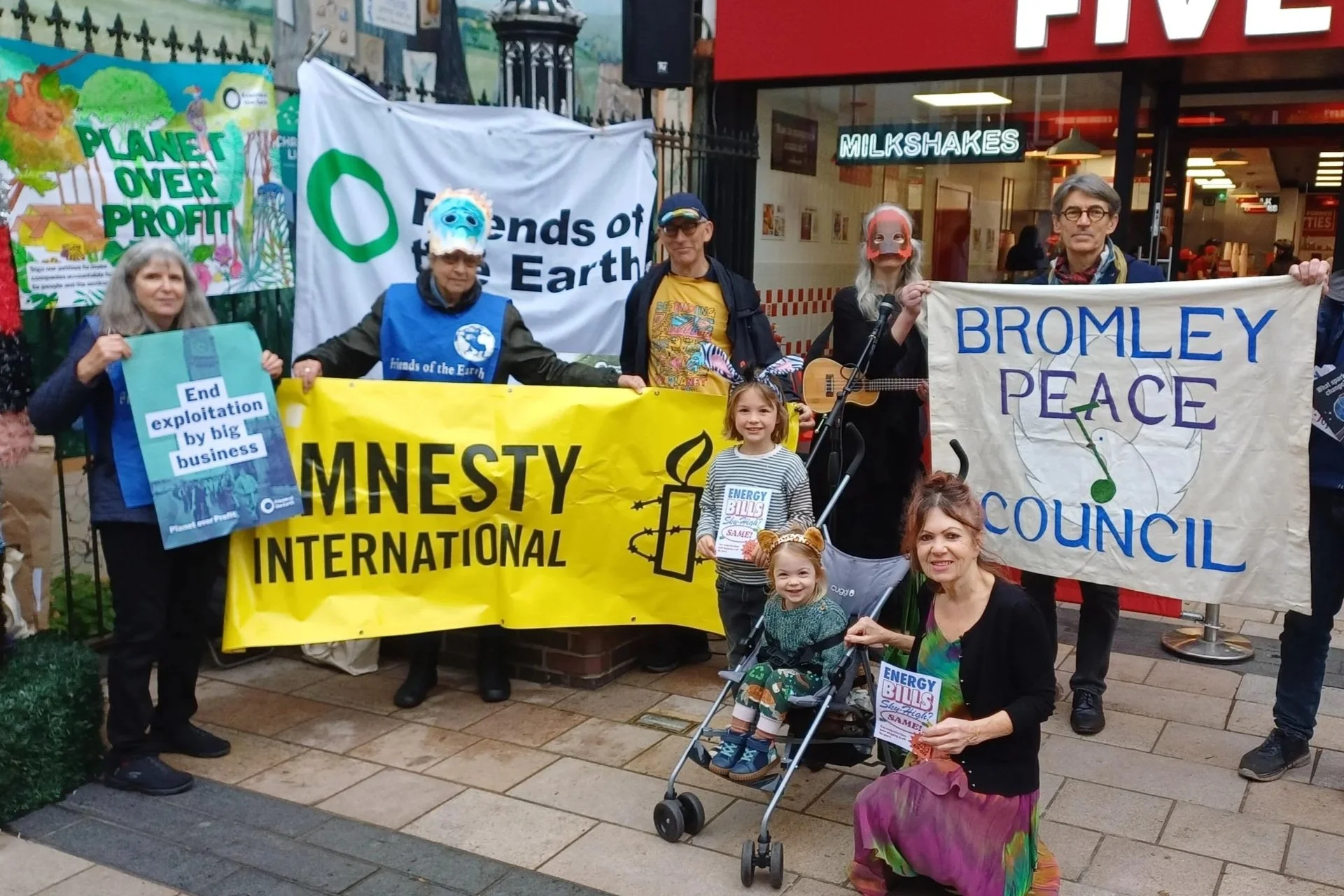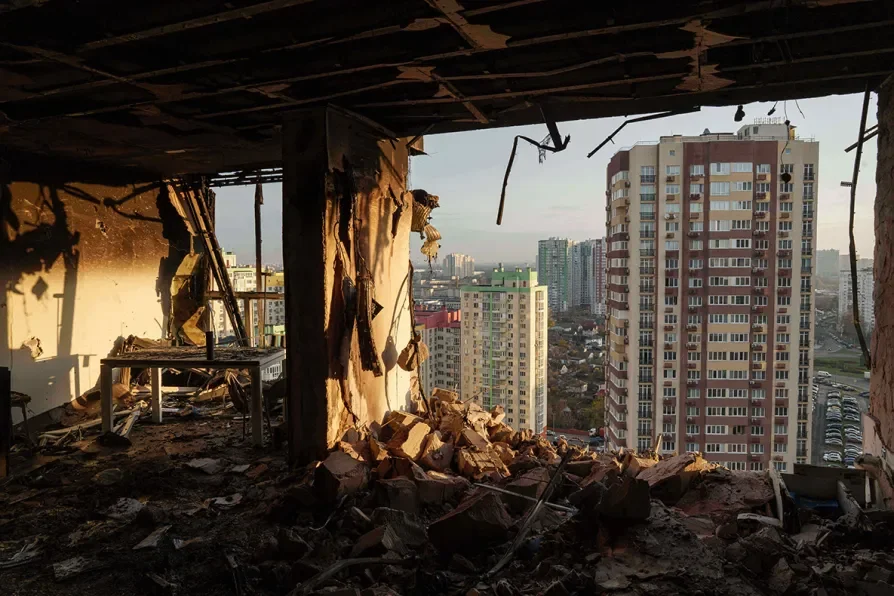At the beginning of March, scientists from across the world issued a manifesto opposing militarisation and calling on governments to ‘construct peace, not war’. The many European signatories are joined by those from North America, Latin America, China, India, and Russia.
Almost 4,000 medics, engineers, and other practitioners, academics, foundations, and NGOs have signed up. UK organisations include the Pugwash Council, Bertrand Russell Peace Foundation, and Stephen Hawking’s Fellowship of Edinburgh University. Former CND chair, Professor Dave Webb, is also a signatory.
Noting that conflicts are on the rise around the world, the manifesto challenges the idea that peace depends on overpowering the other side, arguing that this only leads to escalation, and escalation leads to war. Instead, it calls on governments to engage in dialogue, tolerance, and diplomacy.
The manifesto reminds us: ‘major conflicts have always been preceded by massive military investments. Since 2009, global military spending has reached unprecedented record levels each year, with 2024 expenditure hitting an all-time high of 2443 billion dollars. The “ReArm Europe Plan” commits Europe to invest 800 billion euros in military expenses.’
Read the Scientists Against Rearmament Manifesto here





